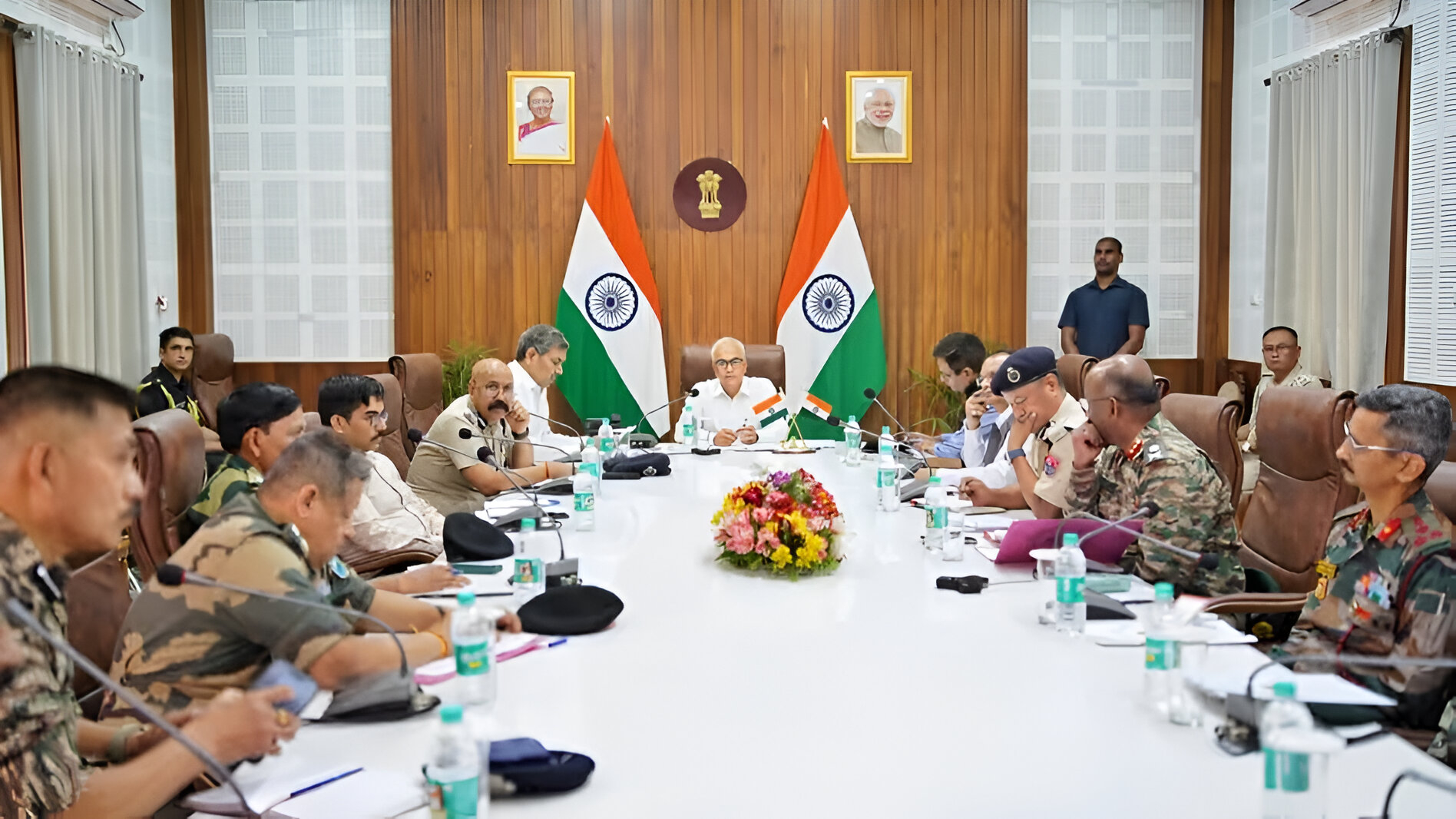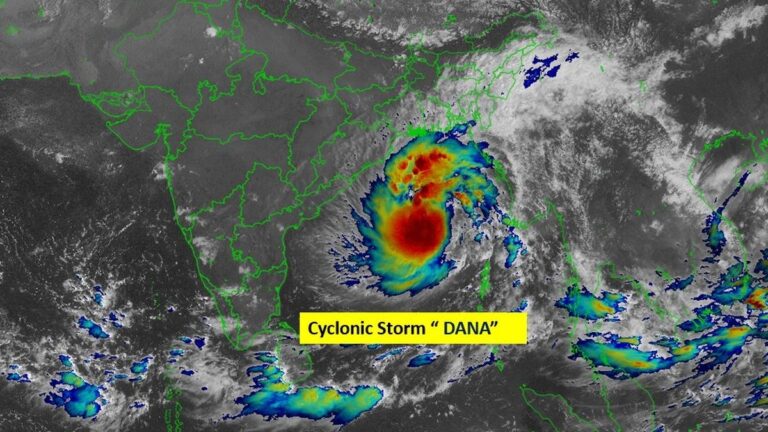Manipur Governor Chairs High-Level Security Review Meeting Amid Ongoing Unrest
Brief Summary
On April 30, 2025, Manipur’s Governor convened a high-level security review meeting to address the state’s persistent unrest. The meeting aimed to assess the current security situation and strategize on restoring peace and stability in the region. Key officials from various security agencies participated, reflecting the gravity of the situation. The discussions underscored the need for coordinated efforts to tackle the challenges facing Manipur.
In-Depth Analysis: Manipur’s Security Landscape and the Governor’s Intervention
Understanding the Context
Manipur, a state in northeastern India, has been grappling with ethnic tensions and sporadic violence for years. The recent surge in unrest has disrupted daily life, leading to concerns over the safety and well-being of its residents. The state’s diverse ethnic composition, while culturally rich, has also been a source of friction, often exacerbated by political and social factors.
The Governor’s Role in Crisis Management
As the constitutional head of the state, the Governor plays a pivotal role in ensuring law and order. By chairing the security review meeting, the Governor demonstrated proactive leadership, signaling the administration’s commitment to addressing the crisis head-on. Such interventions are crucial in coordinating efforts among various security agencies and in reassuring the public of the government’s dedication to restoring peace.
Key Takeaways from the Security Review Meeting
- Assessment of Current Threats: The meeting provided a platform for security agencies to present their evaluations of the prevailing threats and challenges.
- Strategic Planning: Discussions centered around formulating comprehensive strategies to mitigate violence and prevent future incidents.
- Inter-Agency Coordination: Emphasis was placed on enhancing collaboration among different security forces to ensure a unified approach to crisis management.
- Community Engagement: Recognizing the importance of public cooperation, plans were discussed to involve community leaders in peace-building initiatives.
The Broader Implications
The Governor’s intervention is not just a response to immediate threats but also a step towards long-term stability. By addressing the root causes of unrest and fostering dialogue among conflicting parties, the administration aims to build a more harmonious society. Such efforts are essential in preventing the recurrence of violence and in promoting sustainable development in the region.
Challenges Ahead
While the security review meeting marks a positive development, several challenges persist:
- Deep-Rooted Ethnic Divisions: Bridging the gap between different communities requires sustained efforts and trust-building measures.
- Political Instability: Frequent changes in political leadership can hinder the implementation of long-term security strategies.
- Resource Constraints: Limited resources may affect the capacity of security agencies to effectively manage the situation.
- External Influences: Cross-border dynamics and external actors can complicate the internal security landscape.
The Path Forward
To navigate these challenges, a multi-faceted approach is necessary:
- Inclusive Governance: Ensuring representation of all communities in decision-making processes can foster a sense of belonging and reduce tensions.
- Economic Development: Addressing unemployment and underdevelopment can alleviate some of the underlying causes of unrest.
- Education and Awareness: Promoting understanding and tolerance through education can help in breaking down prejudices.
- Strengthening Institutions: Building robust institutions that can withstand political and social pressures is vital for long-term stability.
❓ FAQs
Q1: What prompted the Governor to hold the security review meeting?
The escalating unrest and violence in Manipur necessitated a high-level assessment to strategize on restoring peace and ensuring public safety.
Q2: Who participated in the security review meeting?
Key officials from various security agencies, including the police and paramilitary forces, attended the meeting to provide insights and collaborate on action plans.
Q3: What are the main challenges in restoring peace in Manipur?
Deep-seated ethnic divisions, political instability, resource constraints, and external influences pose significant challenges to peace-building efforts.
Q4: How does the Governor’s intervention impact the situation?
The Governor’s proactive approach facilitates better coordination among security agencies and demonstrates the administration’s commitment to addressing the crisis.
Q5: What measures are being considered to involve the community in peace efforts?
Plans include engaging community leaders in dialogue, promoting inclusive governance, and initiating awareness campaigns to foster unity.




